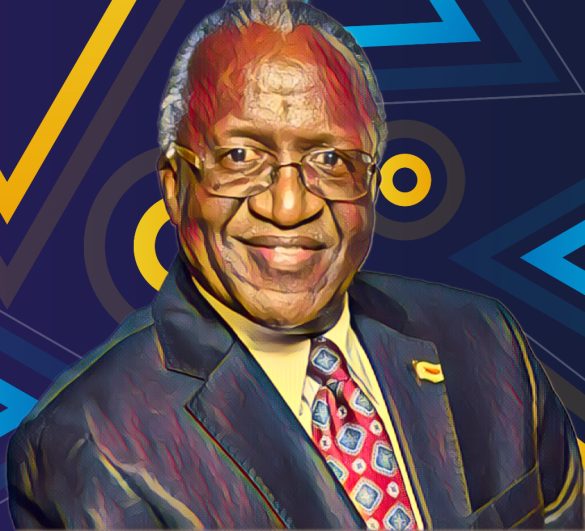Opposition party Zapu has urged inclusive political dialogue to address Zimbabwe’s social, economic, and political crises. Zapu President Sibangilizwe Nkomo emphasized that the Zanu PF-led government cannot tackle these issues alone.
In a recent interview, Nkomo told NewsDay that it’s crucial for Zimbabwe’s political players to engage and reflect on the aspirations of the late Vice-President Joshua Nkomo. “We need to engage with a spirit of nationalism, just like what the late Nkomo advocated for. Zapu has the capacity to do that, as it has a track record of unifying people,” Nkomo said.
President Emmerson Mnangagwa has used the Political Actors Dialogue (POLAD) platform to engage with other political figures. However, the forum has not secured participation from all parties. Mnangagwa has also remained silent on how he plans to engage his opponents after winning a controversial election last August.
“We have spoken for a long time, but this has not taken us anywhere,” Nkomo noted. “Efforts by the ruling party Zanu PF to revive the economy have failed. Even POLAD, aimed at uniting political parties, has failed to bear fruit.”
Nkomo revealed plans to engage all like-minded citizens to map a way out of the crisis. He highlighted the ongoing love-hate relationship in the country, which he believes is hindering tangible progress.
“We have been lobbying for a Joshua Nkomo and Liberators Day to remember the efforts made by Nkomo and others in liberating this country, but this has fallen on deaf ears. Some people chose to hijack the revolution,” Nkomo added.
Ambrose Sibindi, a human rights defender and the Zimbabwe Congress of Trade Unions Western Region chairperson, echoed similar sentiments. He criticized the lack of electoral reforms, stating that without them, Zanu PF would remain in power indefinitely.
“For as long as Zanu PF is going it alone, we are not going anywhere,” Sibindi stated. “We need electoral reforms and a highly inclusive stakeholder initiative led by neutral figures like retired judges or pastors. Zanu PF must abandon its big-brother mentality. The crisis we are facing affects even its supporters.”
In contrast, Zanu PF’s director for information, Farai Marapira, expressed the party’s readiness to engage in positive dialogue. “We are a mass party and are humbled by our prominence in Zimbabwe’s political landscape. We remain open to interacting with any other parties that wish to engage with us, provided there is sincerity,” Marapira said.
Marapira emphasized that any political outfit seeking engagement knows how to approach Zanu PF. “If it is in the best interest of the people of Zimbabwe, we can definitely find common ground and join hands to move our country forward as one people. We hope to see more progressive Zimbabweans coming to engage with us,” he added.
Marapira also cautioned against engagement with parties that have retrogressive intentions. “Talk of engagement when the intention is not positive for the nation will not lead to anything productive. We only engage in positivity and productivity. That is the vision of the President and Zanu PF.”
As the debate on political dialogue continues, many in Zimbabwe are looking for effective solutions to the country’s deepening crises. The call for inclusive dialogue reflects a growing consensus that a collaborative approach is essential for meaningful progress.
This appeal for unity is a significant step, yet it remains to be seen whether all parties will come to the table. The nation watches closely, hoping that a spirit of nationalism, as advocated by the late Joshua Nkomo, will guide the way forward.
Inclusive political dialogue could indeed be the key to unlocking Zimbabwe’s potential, ensuring that the aspirations of its people are met and that the country moves towards a more stable and prosperous future.
Source: Newsday


